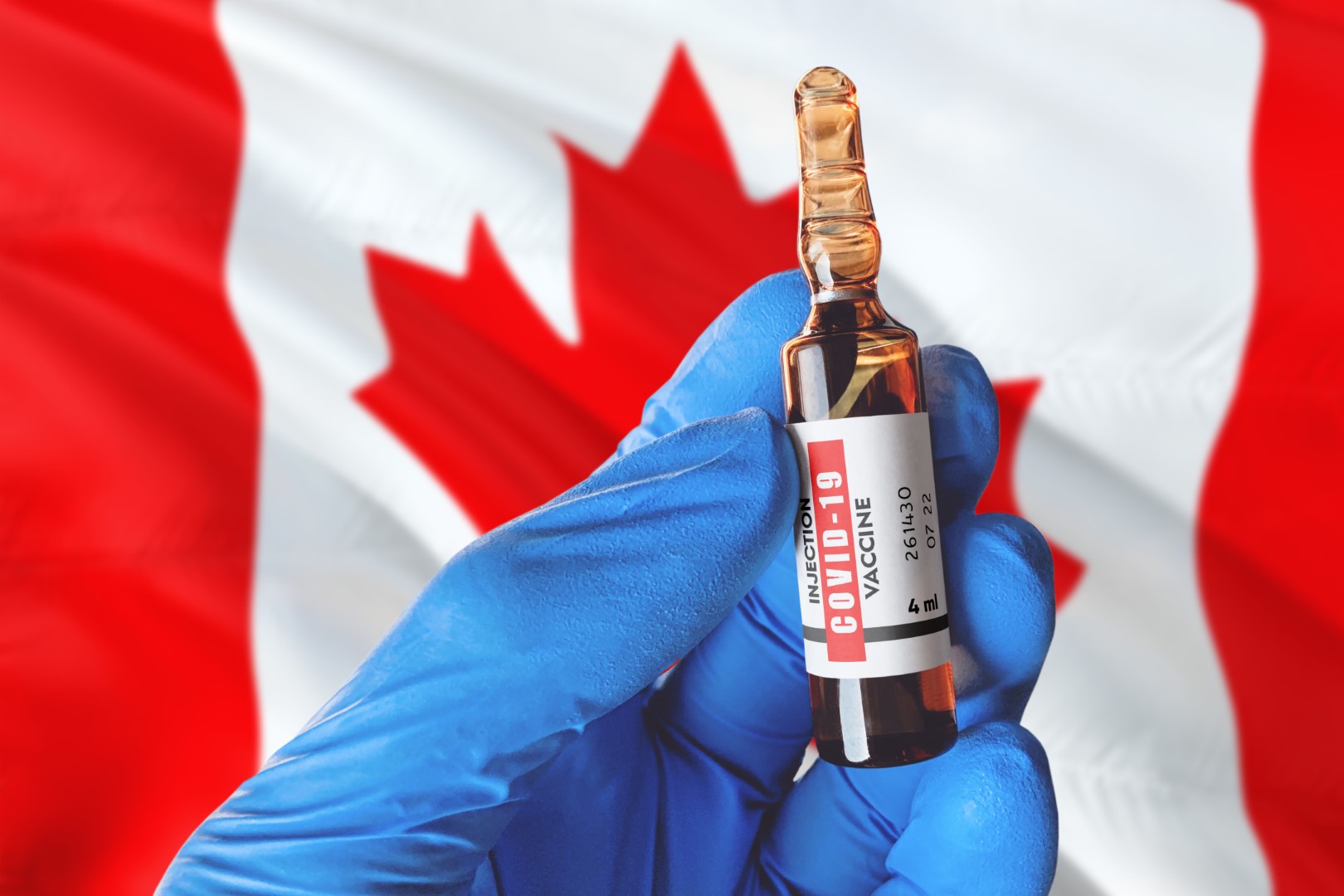
There will be a vaccine for everyone
By Jerrison Oracion, Senior Columnist
A mRNA vaccine is a new type of vaccine where cells give instructions on how to make spike proteins to boost the immune system against the virus.
A year after the World Health Organization declared the coronavirus outbreak as a pandemic, many people are starting to get vaccinated after the first vaccine was found and approved in England three months ago. Since then, more vaccines have been made available. Despite the fact that there were fewer shipments in Canada during the early months because of factory renovations and vaccines going through the approval process, it is now starting to speed up. Four vaccines have been approved so far, and they have different efficacy rates—and some of them need special refrigeration.
What they all have in common is that they work, and each vaccine can be used for a specific age group. You are probably wondering which vaccine to get, and it is recommended to get the vaccine that is offered to you—and Provincial Health Officer Dr. Bonnie Henry agrees with this as she mentioned it in a press conference. Most of the vaccines require two doses including the Pfizer and Moderna vaccines (which are mRNA vaccines).
A mRNA vaccine is a new type of vaccine where cells give instructions on how to make spike proteins to boost the immune system against the virus. The cells are protected by a lipid nanoparticle to allow it to get inside the body. The Pfizer vaccine (which is developed with Germany’s BioNTech) and the Moderna vaccine both have an efficacy rate of 95 percent and can be used for anyone 18 years and older. Currently, the Pfizer vaccine must be stored at very cold temperatures, but they are currently developing a version of it that can be stored in regular refrigerator temperatures like the Moderna vaccine.
Two vaccines that are like the Moderna vaccine are the AstraZeneca and Johnson and Johnson vaccines which were recently approved. In the AstraZeneca vaccine, which is developed with Oxford University, a non-replicating viral vector uses a coronavirus gene to boost the immune system. The vector is delivered in the form of an adenovirus which is a live virus.
The National Advisory Committee on Immunization currently recommends that the AstraZeneca vaccine be only given to those who are under 64 years old though other countries recommend that it can be given to everyone. The Johnson and Johnson vaccine being recently approved on March 5 sped up the amount of people being vaccinated as it only needs one dose. Although the efficacy rate of both vaccines are 66 percent, it is more effective in elderly patients when they are being hospitalized.
All the vaccines only focus on the originating version of the virus but can also protect from various variants of the coronavirus through booster shots. Everyone in the province is starting to get vaccinated and with more vaccines arriving and being approved, there is a possible chance that the pandemic will end this summer.


